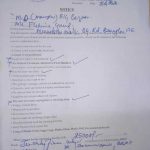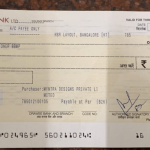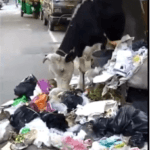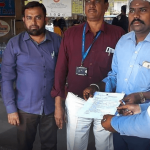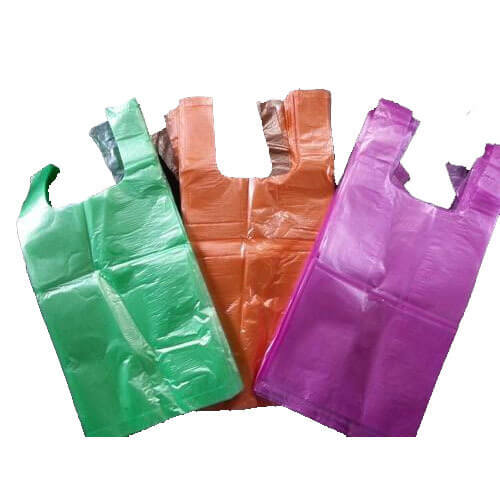
The Bruhat Bengaluru Mahanagara Palike (BBMP) is getting down to brass tacks. Special BBMP Commissioner (Solid Waste Management) Randeep D has stated that the single-use plastic ban implementation is going to be even more stricly implemented from September 1.
From October 1, the central government is banning plastic in the entire country. These include plastic bags, cups, plates, small bottles, straws and certain types of sachets. Officials insist that this ban is comprehensive and will cover the manufacturing, usage and import of such plastic items.
Not only will repeat offences lead to cancellation of trade licences but also seizure of equipment. The street vendors will be fined Rs 2000 for using banned plastic. The next time, they are found guilty again, their pushcarts will also be seized.
“The BBMP is fully serious about implementing the plastic ban,” said one BBMP health official. “The shopkeepers will be fined Rs 5000 for first-time offense. Even those who carry plastic bags will be fined Rs 500.”
The harmful effects of plastic are well-known. Since it’s non-biodegradable, the creation and sale of thermocol and microbeads was banned across the state from 2016. However, the implementation was lacklustre as the other states had not banned it. However, with the nationwide ban coming into effect from October, we will get to see better results. But please note that the ban does not apply on water bottles, milk and oil sachets, and the plastic used in nurseries, and hospitals (IV fluids).
Last year, BBMP had seized 1.2 lakh kg of plastic and collected Rs 73 lakh in fines. This year, as of May 31, the civic body had confiscated nearly 4000 kg of plastic and fined Rs 16 lakh. The moral of the story is not to buy or use plastic items like covers, cups, spoons, plates, flags, banners, buntings, flex, cling films, items made of thermocol (polystyrene), and non-woven polypropylene bags.
Every ban wasn’t so successful as the implementation was lax. And that was because, there is no systematic methodology that tracks the continuous implementation of the ban. Says HSR’s prominent civic activist Shanthi Tummala: “We want a monitoring committee to be there for proper implementation as the plastic ban includes coordination between other agencies like police, commercial taxes and food safety departments. Right now, these departments are not monitoring or penalising the offenders.”
Shanthi also says that the focus should not only be on the amount of penalty collected but also on the number of offenders caught in the raids. “We have carved out a system where the joint commissioner of Bommanahalli regularly monitors all the junior and senior health inspectors in Bommanahalli by setting up a common WhatsApp group with the JC and all the inspectors of the zone. There is a reporting format they have to follow and submit it every day on WhatsApp, be it garbage segregation or plastic ban.They have to compile a report every 15 days and the person who targets the most offenders should be rewarded by the BBMP.”
THE FINES
Manufacturing; Rs 2 lakh & Rs 5 lakh (repeat offences).Storing: Rs 1 lakh & Rs 2 lakh (repeat).
Trading/Retailing/Selling: Rs 50,000 & Rs 1 lakh (repeat).
Domestic users: Rs 500 & Rs 1,000 (repeat).
Commercial users: Rs 25,000 & Rs 50,000 (repeat).
